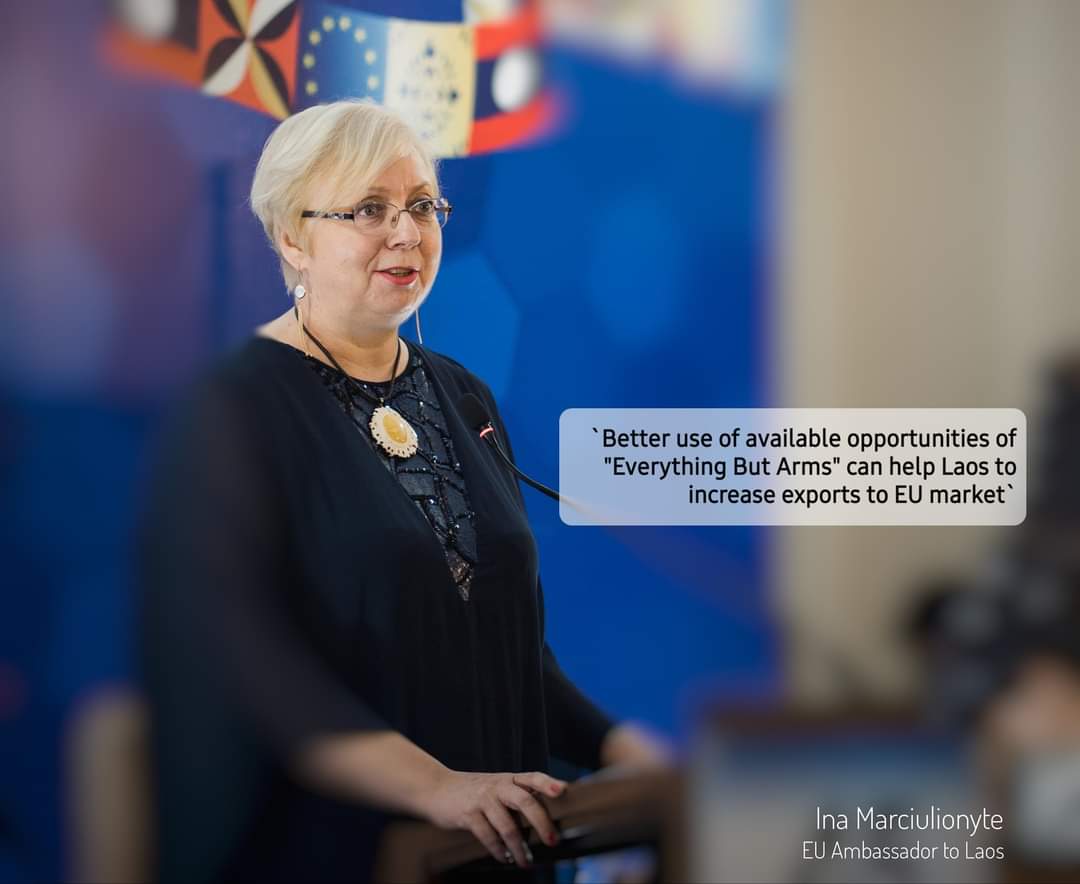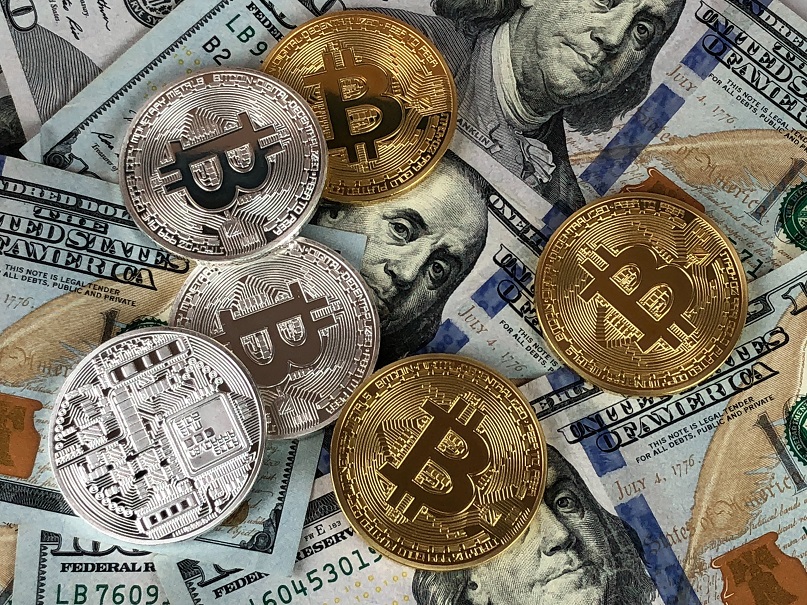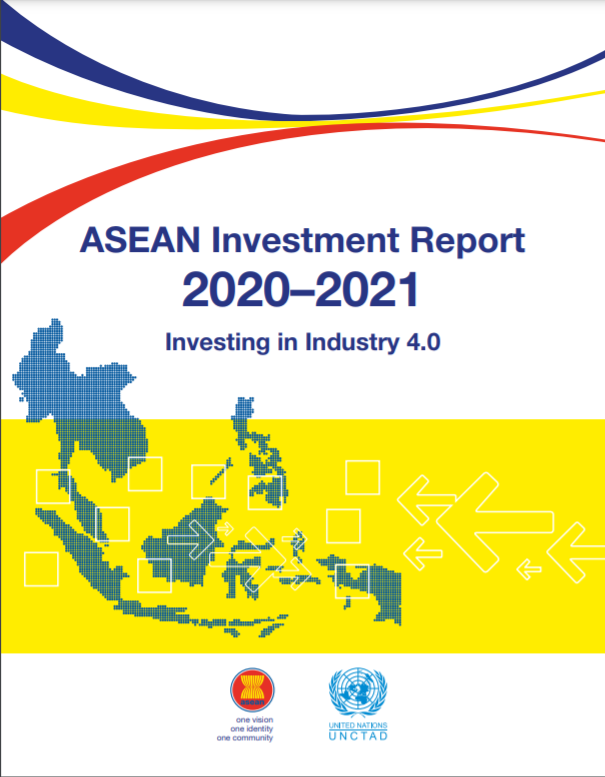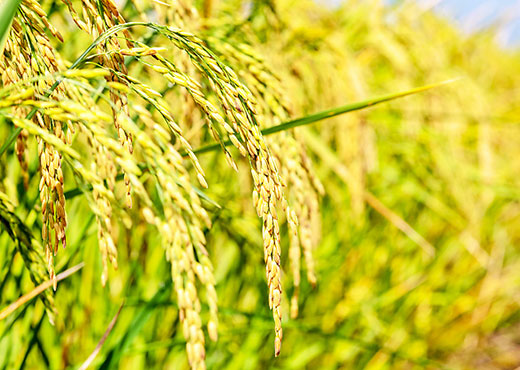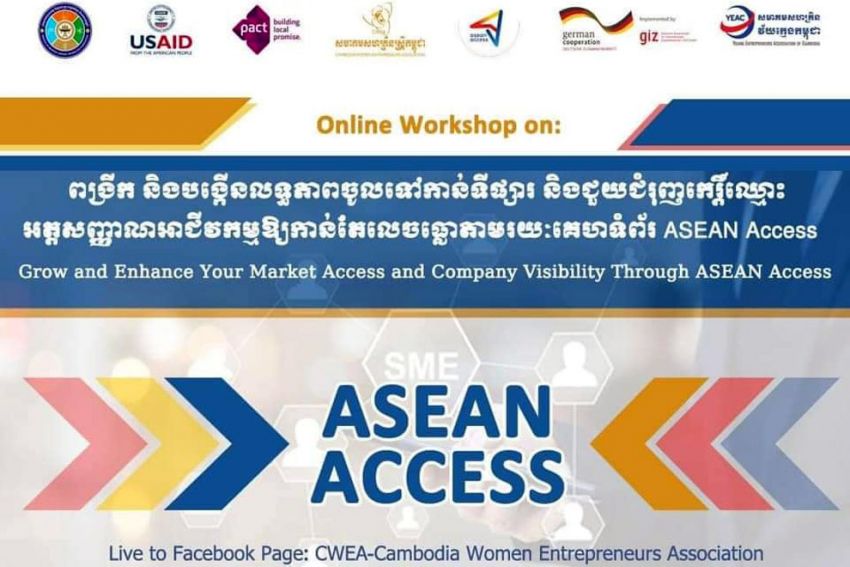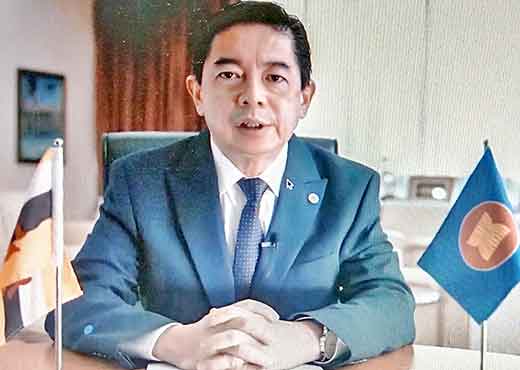ASEAN cannot rest on its laurels and rely on the same growth drivers to guide its future trajectory, particularly with weaker economic recovery expected on the back of increasing Covid-19 cases and renewed lockdowns.
That being said, increased intra-regional cooperation and connectivity is expected to boost regional growth.
"Asean is a bedrock of opportunities, with significant potential for growth - particularly in areas of supply chain diversifications, innovation & technology, and strategic partnerships & digitalisation," said Benjamin Hung, CEO, Asia, Standard Chartered.
According to the survey commissioned by Standard Chartered, 99 per cent of respondents expect growth in production and 96 per cent anticipate growth in revenue.
They identified the large and growing Asean consumer market (69 per cent), access to a global market enabled by a network of Free Trade Agreements (59 per cent) and availability of abundant and skilled workforce (49 per cent) as among the most important drivers for expansion across the region.
But Mr Hung emphasised that corporations must approach business expansions in a "conscientious manner". "In the world of the new business, sustainability is non-negotiable. The sooner businesses recognise that their success is intrinsically tied to the long-term prosperity of our communities, the more they can stand to benefit."
Indeed, one in two executives surveyed said driving sustainability and ESG (environment, social and governance) initiatives is an important area for their companies to focus on, as they look to mitigate risks and challenges.
The survey, which targeted senior executives at 83 companies, also showed entering new partnerships/ joint ventures to increase market presence (53 per cent) and executing digital transformation programmes (52 per cent) as important areas to drive resilient and rebalanced growth in Asean.
The problem is that the heterogeneous nature of Asean markets means that adoption of ESG principles across the region has been disparate.
Despite the region's slow start, local governments and corporates are gradually recognising the economic and societal potentials of the green economy, as noted by Borderless Business: Intra-ASEAN corridor, a series of reports commissioned by Standard Chartered.
ESG and sustainability are big themes for sectors in transition, noted Mr Hung. "In Asean, clients from the commodities sector are particularly receptive to ESG considerations and we support their efforts anywhere from renewable energy asset investments to transforming their supply chains to procure from certified sustainable sources," he said.
"Similarly for the shipping industry, we see clients active in exploring alternative energy set-ups and including ESG targets into their borrowing agreements."
Growth areas
Perhaps unsurprisingly, this renewed focus on sustainability is set to create significant opportunities in areas such as renewable energy, and automotive, particularly, electric cars, and infrastructure.
Energy in particular is at the forefront for the Asean Economic Community (AEC) and has been identified as an integral part of creating an integrated, well-connected and resilient Asean.
The region's electricity consumption was 994 terawatt-hours (TWh) in 2020 and is projected to reach 1,287 TWh by 2025. To meet these energy needs in a sustainable manner, the Asean Plan for Energy Cooperation 2016-2026 (APAEC) has set a target to increase Asean's renewable energy component to 23 per cent of Asean's energy mix by 2025.
This is expected to result in a wide range of opportunities for regional cooperation through APAEC Programme Areas. Within renewables, solar energy is expected to be a significant growth segment, growing at a projected CAGR of 15.9 per cent.
Thailand is the regional leader for energy generation in the two fastest growing segments - solar and wind - with 10.53 TWh generated in 2020, which is expected to grow to 16.88 TWh by 2025. Vietnam is also expected to see maximum growth in these segments, growing from 2.83 TWh in 2020 to a projected 10.35 TWh in 2025, with a CAGR of 29.6 per cent.
Another key growth area highlighted by the report is the automotive sector. The region's well-established automotive hubs - Thailand, Indonesia, Vietnam and Malaysia - puts it in good stead to create an integrated production cluster.
Boosted by strengthened trade linkages across the region through initiatives such as the AEC and the Asean Free Trade Area, automotive manufacturers can capitalise on the added connectivity Regional Comprehensive Economic Partnership (RCEP) brings to explore export opportunities with Asean's major trading partners under the agreement, it noted.
It is also worth noting that regional governments are prioritising sustainable transport with a plethora of incentives being offered for the manufacturing and adoption of electric vehicles.
As countries in Asean target the building of smart cities, they are looking to develop capabilities in autonomous driving technology. Singapore is the regional leader in this aspect and has already begun tests for driverless vehicles; Malaysia and Vietnam have also made headway in this area.
The construction and real estate industry meanwhile is expected to restart its growth trajectory once economic activities resume.
As projects in Asean grow larger in size and increasingly complex, companies will need to look at digital solutions such as Building Information Modelling (BIM) and Internet of Things (IoT) to manage this complexity, noted the report.
The region as a whole has made some headway. Singapore adopted BIM in 2010 while Vietnam approved a 2017-2021 roadmap for implementation of BIM for construction and operation management in 2016.
Other industries on the report's growth watchlist include food and beverage products, which is expected to be buoyed by increasing urbanisation and a growing middle class with higher consumption power, e-commerce and digital platform services; and healthcare services.
Profitability and purpose
"It is important for all economies to have a resilient and cohesive roadmap towards a sustainable future. Through the Asean Comprehensive Framework, an enhanced focus by the local governments on green economies will provide businesses the confidence to invest more into the sustainability agenda and reap their potential benefits," said Mr Hung.
Pressure to get on with the agenda is also coming from the ground.
A separate report by Standard Chartered found that 67 per cent of MNCs state that supply chain emissions account for an average of 73 per cent of their total emissions. In their transition toward net-zero, many see tackling supply chain emissions as the first step. Significantly, they expect to exclude 35 per cent of their current suppliers as they move away from carbon.
Consumers are also becoming more socially conscious about their consumption habits and purchasing choices. According to the World Economic Forum report, Future of Consumption in Fast Growth Consumer Markets: Asean, 80 per cent of respondents claimed to value sustainability and actively made greener lifestyle choices.
As sustainability becomes a non-negotiable, companies need to identify where they are on their net-zero transition journey and re-evaluate their supply chain strategy in view of global and regional carbon reduction commitments, said the report.
It is also worth noting that prioritising sustainability is one of the keys to cement customer loyalty, grow customer base and ultimately increase profitability.
"Beyond profitability and ESG reporting, the aftermath of the pandemic presents an opportunity for companies to redefine their purpose in alignment with ESG principles, and to think of how they can drive sustainability and positive impact whilst still creating value for their stakeholders," it noted.
Source: The Business Times (Singapore)
Date: 13 September 2021
Reference: Economic, societal potential of green economy a key growth driver for Asean, Global Enterprise - THE BUSINESS TIMES

